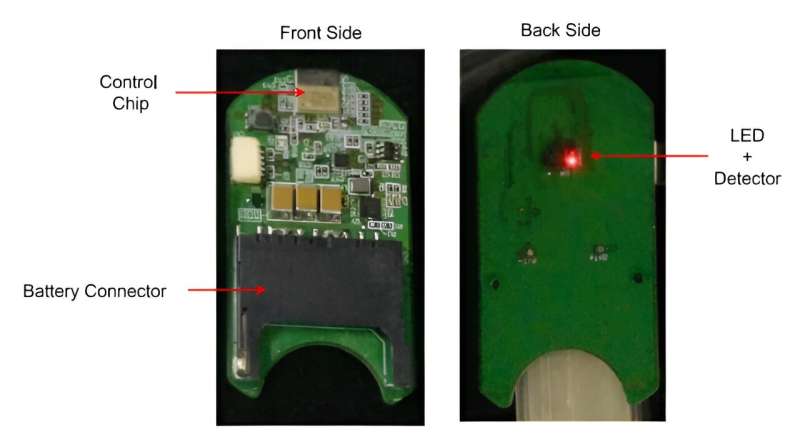Drawing inspiration from plants: A metal–air paper battery for wearable devices
For more than two millennia, paper has been a staple of human civilization. But these days, the use of paper is not limited to writing. It is also playing a pivotal role in ushering in a greener future.
Lightweight and thin paper-based devices help reduce dependence on metal or plastic materials, while at the same time being easier to dispose of. From paper-based diagnostic devices that deliver economical and rapid detection of infectious diseases to batteries and energy devices that offer an environmentally friendly alternative for power generation, scientists are finding ingenious ways to put this versatile material to use.
Now, a team of researchers at Tohoku University has reported on a high-performance magnesium–air (Mg–air) battery that is paper-based and activated by water. Details of their research were published in the journal RSC Applied Interfaces on March 18, 2024.
“We drew inspiration for this device from the respiration mechanism of plants,” says Hiroshi Yabu, corresponding author of the study. “Photosynthesis is analogous to the charge and discharge process in batteries. Just as plants harness solar energy to synthesize sugar from water in the ground and carbon dioxide from the air, our battery utilizes magnesium as a substrate to generate power from oxygen and water.”

To fabricate the battery, Yabu and his colleagues bonded magnesium foil onto paper and added the cathode catalyst and gas diffusion layer directly to the other side of the paper. The paper battery achieved an open circuit voltage of 1.8 volts, a 1.0 volt current density of 100 mA/cm-2, and a maximum output of 103 milliwatts/cm-2.
“Not only did the battery demonstrate impressive performance results, it operates without using toxic materials—instead using carbon cathodes and a pigment electrocatalyst that have passed stringent assessments,” adds Yabu.
The researchers put the battery to the test in a pulse oximeter sensor and a GPS sensor, illustrating its versatility for wearable devices.
More information:
Kosuke Ishibashi et al, Rare-metal-free high-performance water-activated paper battery: a disposable energy source for wearable sensing devices, RSC Applied Interfaces (2024). DOI: 10.1039/D4LF00039K
Tohoku University
Citation:
Drawing inspiration from plants: A metal–air paper battery for wearable devices (2024, April 3)
retrieved 4 April 2024
from https://techxplore.com/news/2024-04-metalair-paper-battery-wearable-devices.html
This document is subject to copyright. Apart from any fair dealing for the purpose of private study or research, no
part may be reproduced without the written permission. The content is provided for information purposes only.

Comments are closed